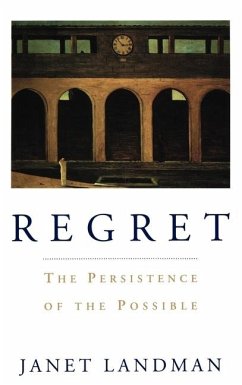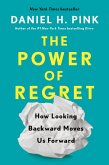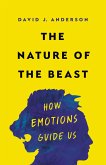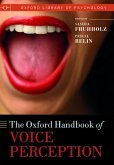"We are a people who do not want to keep much of the past in our heads," Lillian Hellman once wrote. "It is considered unhealthy in America to remember mistakes, neurotic to think about them, psychotic to dwell upon them." Yet who in their lifetime has never regretted a lost love, a missed opportunity, a path not taken? Although poets and novelists have long probed the complexities of regret, little has been written from a scholarly perspective. Now, in Regret: The Persistence of the Possible, Janet Landman takes a lively and perceptive look at this perhaps universal experience. Landman addresses key questions about the nature of regret - what it is, how you experience it, how it changes you. She draws on sources almost as multifaceted as the experience itself, including psychology, economics, philosophy, and anthropology, as well as classic works of literature. We learn what people regret most - lack of education comes first, followed by work and matters of the heart. We see how regret differs from other emotions, such as disappointment, remorse, and guilt. In one of the most fascinating sections, Landman examines four worldviews - the romantic, tragic, comic, and ironic - through which the experience of regret is colored. She explores how each of these worldviews shapes the way we regret, as exemplified in major novels such as Great Expectations, Notes from Underground, The Ambassadors, Mrs. Dalloway, and Breathing Lessons. In Dostoevsky's novel, for instance, regret is likened to a disease, the self-gnawing of a cellar mouse, and a poison of unfulfilled desires turned inward - that is, as something tragically self-destructive and incurable. Indeed, regret is widely regarded as
Hinweis: Dieser Artikel kann nur an eine deutsche Lieferadresse ausgeliefert werden.
Hinweis: Dieser Artikel kann nur an eine deutsche Lieferadresse ausgeliefert werden.








